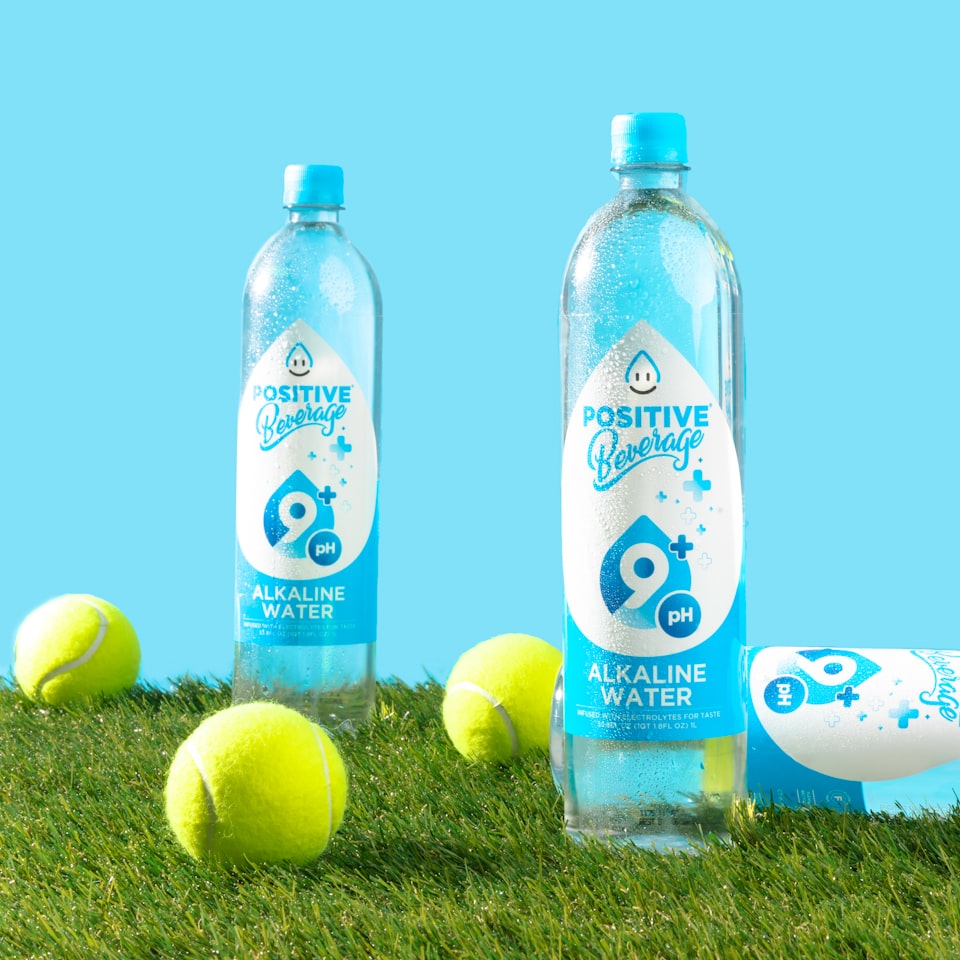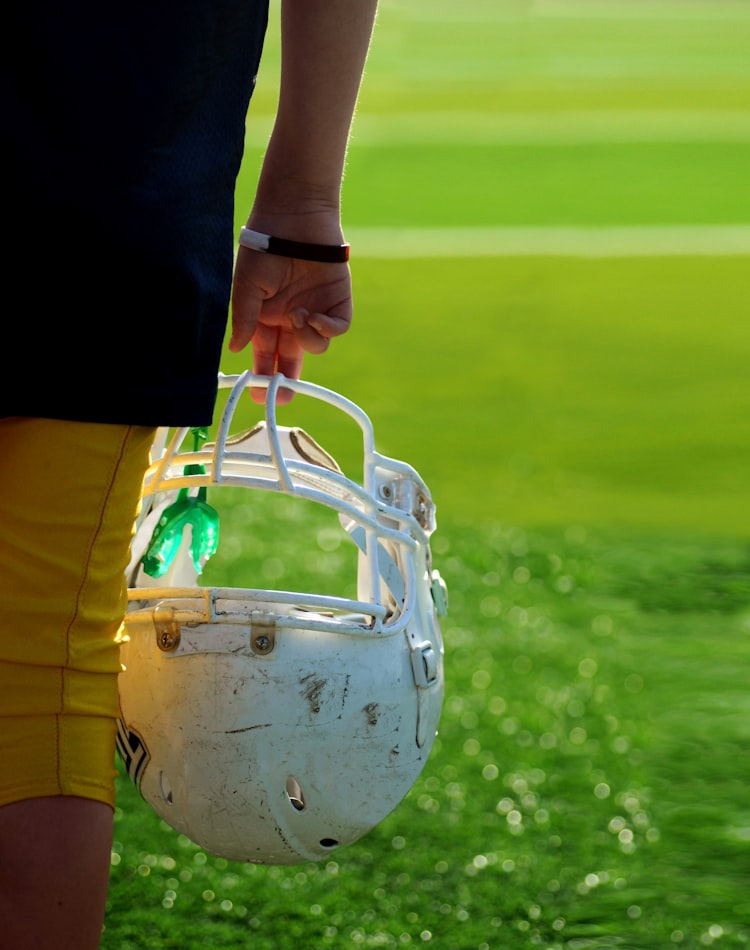Why sports drinks and energy drinks are bad for your teeth

Turn on the TV, or go on social media, and you’ll likely be subjected to a flurry of advertisements for sports drinks and energy drinks--especially if the content you’re viewing is a sporting event, or any content targeted to teenagers and young adults.
Since the invention of Gatorade, the common assumption is that sports drinks are a “healthy” alternative to sodas for quenching thirst and a more effective alternative to pure water for improving athletic performance and enhancing recovery.
However, a 2018 study by the University College London’s Eastman Dental Institute Centre for Oral Health and Performance discovered that many elite athletes have poor oral health--and that their frequent consumption of sports drinks, energy bars, and energy gels may be at the root of the problem.
In this article, we discuss why the frequent use of sports- and energy drinks by athletes may be particularly harmful to their oral health. We also recommend steps athletes can take to minimize that harm, including a list of alternative fluids and foods.
Why do many elite athletes have poor oral health?
The 2018 UCL study is just one of several reports over the past decade or so that have linked poor oral health in athletes to their unique dietary regimens--specifically the fluids and foods they consume to increase performance and aid recovery. They surveyed, and conducted dental evaluations on, 352 Olympic and professional athletes across and found that nearly half of them had untreated tooth decay and most showed early signs of gum inflammation. And that’s despite the fact that most of them brushed and flossed more regularly than the general population.
But what makes elite athletes more susceptible to tooth decay and gum inflammation? The researchers found that the most of the athletes surveyed regularly use sports drinks, energy bars, and energy gels.
“The sugar in these products increases the risk of tooth decay and the acidity of them increases the risk of erosion,” said Dr. Julie Gallagher, a member of the UCL research team. “This could be contributing to the high levels of tooth decay and acid erosion we saw during the dental check-ups."
Earlier studies of elite runners and elite triathletes came to the same conclusion as the UCL study.
The benefits of sports- and energy drinks: sugar and salts
Sports drinks burst onto the scene after the success of Gatorade, which was invented at the University of Florida in 1966 after doctors recognized that elite athletes suffer severe loss of salts and sugar due to sweating.
Aside from water, the key performance-maintaining and performance-enhancing ingredients in sports drinks like Gatorade are simple carbs (sugars) and electrolytes (salts, like potassium and sodium, and other minerals). Carbs serve as fuel for muscles during training and performance--they are absorbed quickly and promote muscle endurance. Salts maintain fluid balance and aid in muscle contraction and neural activity. Sports drinks are typically classified as isotonic, hypotonic, or hypertonic, depending on their concentration of salts and sugars.
The primary ingredient in energy drinks is caffeine or other stimulants, B vitamins, and, sometimes, simple sugars. Most sports and energy drinks also contain preservatives, like citric- and phosphoric acid.
The dark side of sports- and energy drinks: sugar and acids
Unfortunately, the simple sugars found in these beverages also make the mouth more inviting to sugar-loving bacteria, which leads to plaque, caries, gingivitis, and gum inflammation. Unlike solid sugary foods, when sugar is in solution, it completely coats the teeth, making it even easier for plaque to form. Plaque is a precursor to tartar, which leads to cavities and gum disease.
Worse yet, the mouth becomes more acidic due to the proliferation of these bacterial populations and due to the acids in the drinks themselves. That leads to tooth erosion, which exacerbates the aforementioned oral maladies.
But it’s not just the consumption of these ingredients that’s the problem. The primary concern is the high frequency in which they are consumed. For athletes who train multiple times per day, or for hours at a time, that could mean a constant stream of sugar and acid that is bathing the oral cavity for extended periods.
How to limit the damage that sports-and energy drinks can cause
If you’re an athlete, and you can’t go cold turkey with sports- and energy drinks, here is a list of actions you can take to protect your teeth and gums:
- After drinking the sugary drink, rinse your mouth with water to remove and buffer the sugars and acids that remain on your teeth and gums.
- If rinsing with water is not an option, you can also chew sugar-free gum or suck on sugarless hard candy; doing these things encourages saliva production, which acts as a natural mouth rinse.
- (Perhaps counterintuitively) DO NOT brush your teeth within an hour of consuming a sugary, acidic drink. That’s because that act of brushing spreads the acids across the teeth, potentially causing further damage to the enamel. Let water and saliva rinse and buffer your mouth before you brush.
- Reduce the portion size of the drink. Stick to eight ounces, or less per serving.
- Enjoy these beverages infrequently, rather than continuously sipping them throughout the day.
- Use a straw, when possible. Doing so reduces contact of the drink with your teeth.
Alternatives to sugary, acidic drinks for athletic performance and recovery
If you are looking for alternatives to sports- and energy drinks, here are a few recommendations:
- For most athletes, water is all that you need to keep you hydrated during sports and other activities. Alkaline water, in particular, is purported to increase hydration and improve anaerobic exercise performance.
- If you need more electrolytes than water provides, try watermelon juice or coconut water, which contain less sugar than sports drinks (and none of the acidic preservatives).
- Alternatively, simply pair your water with a banana or slice of watermelon for a snack.
- Beet juice is a great option for athletes; it raises nitric oxide levels in your body, which promotes blood flow, improves lung function, and supports muscle contraction. It is even reported to offset the acidic environment that is caused when athletes ingest simple carbs (like sports drinks) during exercise or performance!
- If needed, opt for low- or zero-sugar sports- and energy drinks.
Summary
Sports drinks are a popular beverage choice for people who are active and need to replenish fluids and electrolytes. While they can be helpful for athletes, they also have the potential to damage teeth if used frequently. The sugar and acids in sports drinks can erode tooth enamel, leading to cavities and other dental problems. Regular dental check-ups are also important, as dentists can help identify early signs of tooth decay and erosion and can set you on a path to combat both.
The American Dental Association recommends that sports drinks be consumed in moderation. The ADA also recommends using a fluoridated toothpaste to help protect against tooth decay.






Member discussion